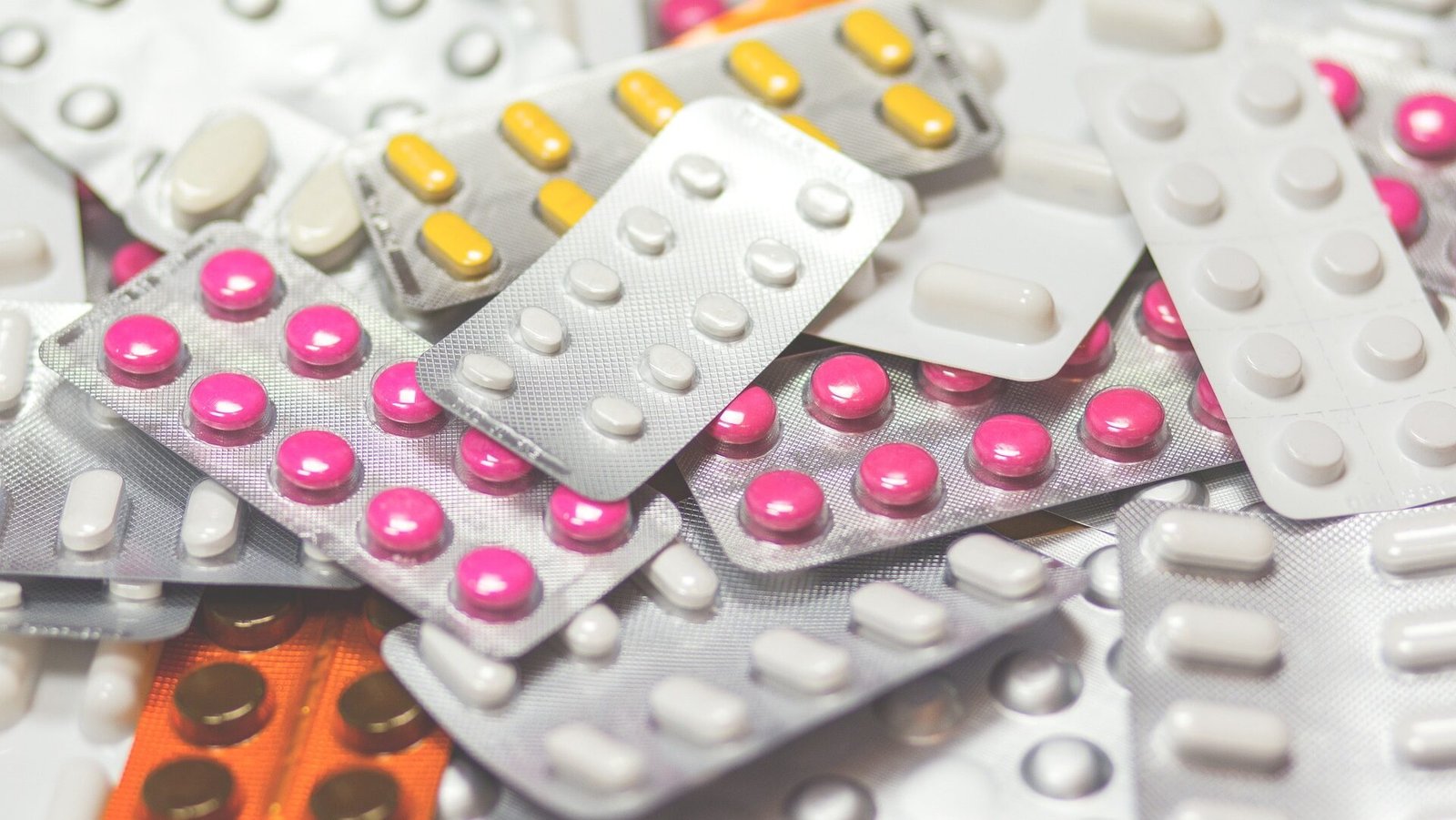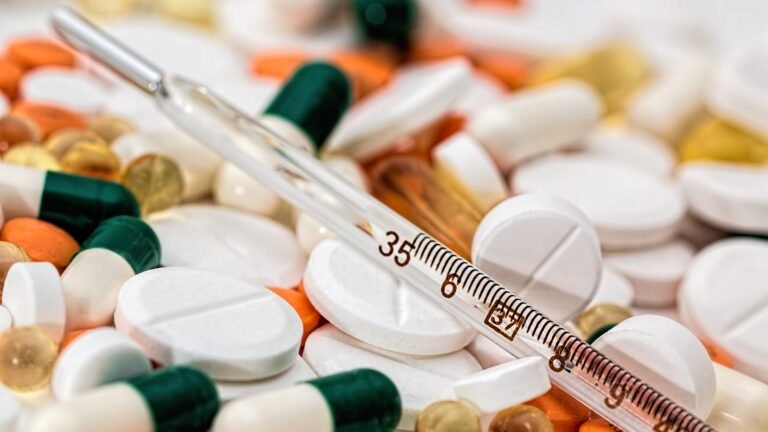The pharmaceutical industry faces unique challenges in data privacy and cybersecurity. With the growing digitization of healthcare and the importance of big data in drug development and patient care, protecting sensitive information has never been more critical. This article explores these challenges and offers strategies for managing data privacy and cybersecurity within the pharmaceutical sector.
The Importance of Data Privacy in Pharma
Regulatory Compliance: The pharmaceutical industry is heavily regulated to ensure the safety and privacy of patient data. Regulations such as GDPR in Europe, HIPAA in the United States, and the CCPA in California mandate stringent data protection measures. Non-compliance can lead to significant fines and damage to reputation. For example, the GDPR imposes fines of up to €20 million or 4% of annual global turnover, whichever is higher, for serious infringements.
Patient Trust: Maintaining patient trust is paramount in the pharmaceutical industry. Patients must feel confident that their personal and health information is secure. A breach of this trust can lead to patient reluctance in participating in clinical trials or using pharmaceutical products, ultimately impacting public health outcomes.
Cybersecurity Challenges in Pharma
Rising Cyber Threats: The pharmaceutical industry is a prime target for cyber attacks due to the sensitive nature of the data it holds. These attacks include ransomware, where attackers encrypt data and demand a ransom for its release, and data breaches, where sensitive information is accessed and potentially leaked. The 2017 WannaCry ransomware attack, which affected several pharmaceutical companies, highlighted the vulnerability of the industry to such threats.
Complex Supply Chains: The pharmaceutical supply chain is highly complex and involves numerous stakeholders, including manufacturers, suppliers, and distributors. Each link in the supply chain represents a potential point of vulnerability for cyber threats. Ensuring cybersecurity across the entire supply chain is a significant challenge but is essential for maintaining data integrity and security .
Strategies for Enhancing Data Privacy and Cybersecurity
Implementing Privacy by Design: Privacy by Design (PbD) involves integrating privacy considerations into every stage of the product development lifecycle. This proactive approach ensures that privacy is a foundational element of all pharmaceutical products and services. It includes measures such as data minimization, pseudonymization, and robust access controls .
Advanced Encryption and Data Protection: Utilizing advanced encryption techniques to protect data both at rest and in transit is crucial. Data encryption ensures that even if data is intercepted or accessed without authorization, it remains unreadable and secure. Pharmaceutical companies should adopt encryption standards such as AES-256 to protect sensitive information .
Regular Risk Assessments and Audits: Conducting regular risk assessments and security audits helps identify potential vulnerabilities and ensure compliance with evolving regulations. These assessments should evaluate the effectiveness of current security measures and identify areas for improvement. For example, conducting penetration testing can help uncover vulnerabilities that could be exploited by attackers.
The Role of Artificial Intelligence and Machine Learning
AI in Cybersecurity: Artificial Intelligence (AI) and Machine Learning (ML) can significantly enhance cybersecurity measures by automating threat detection and response. AI algorithms can analyze vast amounts of data to identify unusual patterns and detect potential threats in real-time. For instance, AI can help detect phishing attempts by analyzing email patterns and identifying suspicious content.
Ethical Considerations: While AI offers significant benefits, it also raises ethical concerns, particularly regarding data privacy and security. Ensuring that AI systems are transparent, explainable, and comply with privacy regulations is essential. Pharmaceutical companies must address these ethical considerations to maintain patient trust and regulatory compliance.
Case Studies and Best Practices
Successful Implementations: Pfizer’s implementation of a comprehensive cybersecurity framework is an example of best practices in the industry. Pfizer employs a multi-layered security approach that includes advanced threat detection, data encryption, and continuous monitoring to protect its data and systems .
Lessons Learned: The 2017 breach of Merck’s network by the NotPetya malware provided valuable lessons for the industry. Merck’s experience underscored the importance of having robust backup systems, incident response plans, and regular employee training to mitigate the impact of cyber attacks .
Conclusion
The pharmaceutical industry must navigate a complex landscape of data privacy and cybersecurity challenges. By adopting robust strategies and leveraging advanced technologies, companies can protect sensitive information, comply with regulations, and maintain patient trust. As the industry continues to evolve, staying ahead of emerging threats and regulatory changes will be key to success.
Sources:
- GDPR Fines: GDPR.eu
- GDPR Enforcement: European Data Protection Board
- WannaCry Attack: BBC News
- Pharma Cyber Attacks: PharmaTimes
- Supply Chain Vulnerabilities: Healthcare IT News
- Data Encryption Standards: NIST
- Risk Assessments: ISACA
- Security Audits: SANS Institute
- AI in Cybersecurity: MIT Technology Review
- Machine Learning in Cybersecurity: Gartner
- Ethical AI: AI Ethics Lab
- Pfizer Cybersecurity: Pfizer’s Annual Report
- Pharma Cybersecurity Best Practices: Deloitte
- NotPetya Attack: Wired
- Merck Cyber Attack: Bloomberg




